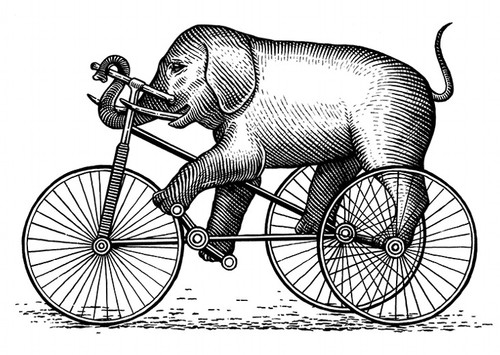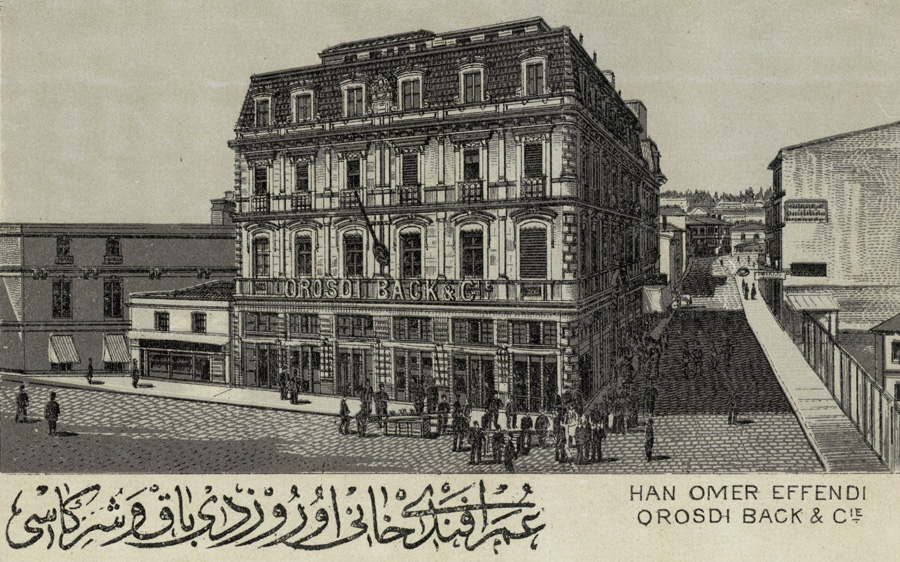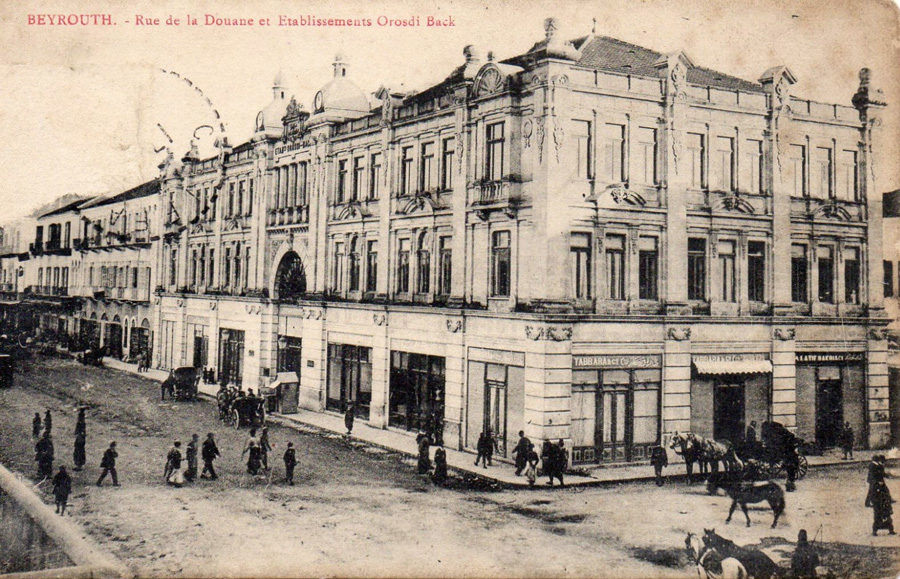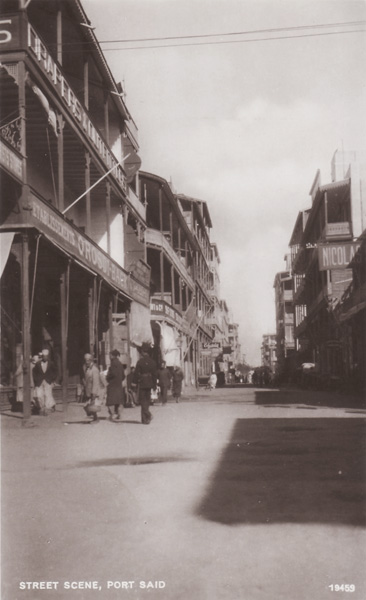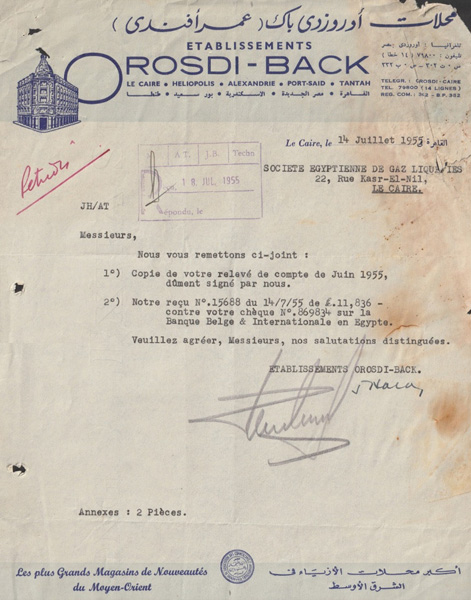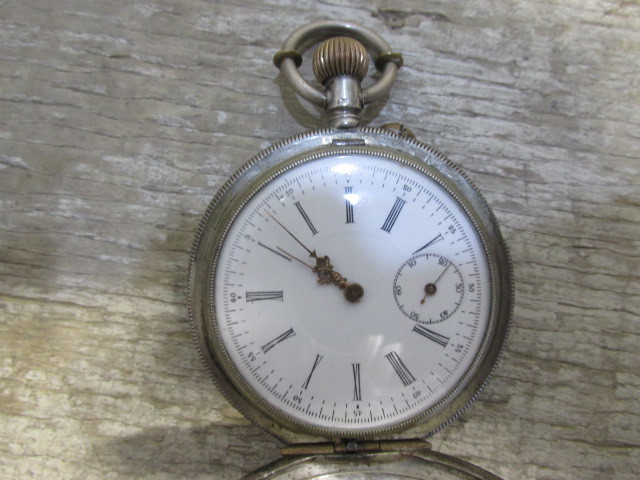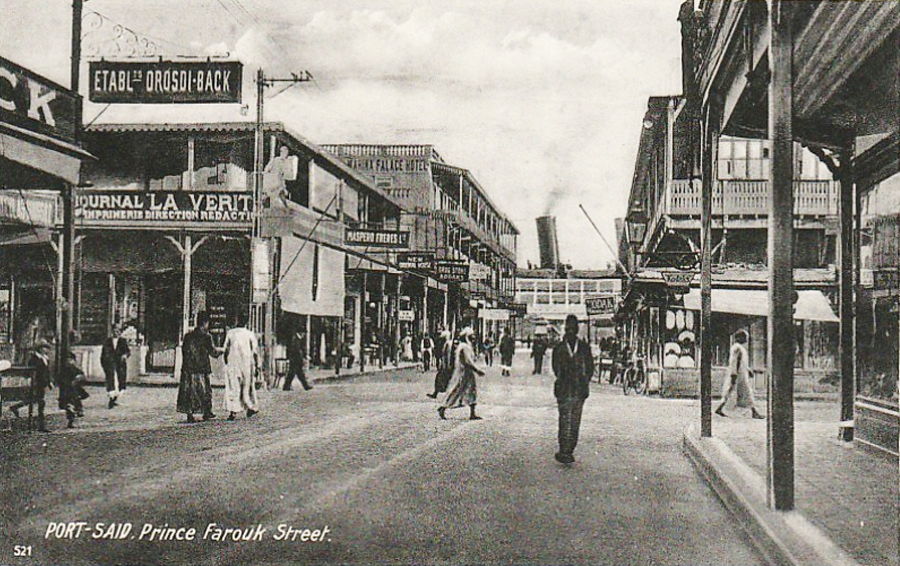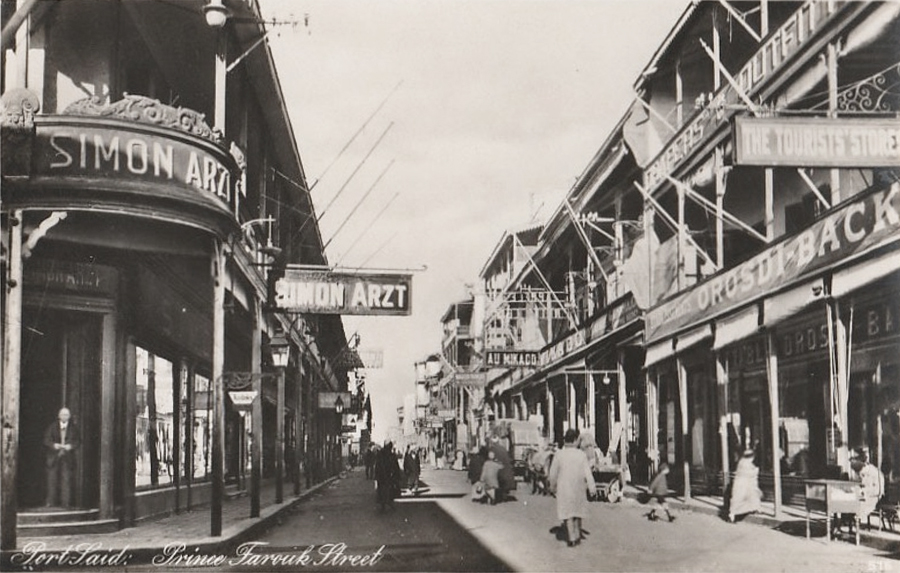
Ephemera
The Orosdi-Back Department Stores
Orosdi-Back were a trading company which ventured into the new business opportunities of the Middle East from the mid-19th century onwards. Adolf Orosdi, a Hungarian army officer, who had found refuge in the Ottoman Empire, opened a first clothing store in Galata in 1855. With the Back family, equally of Jewish Austro-Hungarian descent, Orosdi and his sons began establishing similar stores elsewhere.
In 1888, when their siège social was registered in Paris, they already had outlets in Philippopoli, Bucharest, Salonica, Smyrna, Cairo, Alexandria, Tanta, and Tunis, as well as purchasing missions in industrial and commercial centers in Europe.
Their business gradually evolved from wholesale to retailing, in particular through grands magasins, which differed from the bazaar. Advertising nouveautés and articles de Paris, Orosdi-Back sold fashionable clothing and bonneterie, but also travel and household goods, toys etc. For decades they also had a large share in the marketing of fezzes. The consumption of foreign commodities gradually began to trickle down to the middle classes. Most etatist regimes therefore did not liquidate this class of foreign stores but nationalized them for their own economic purposes. In Egypt, the Omar Effendi chain, which carries the name of its origin in Istanbul, was recently re-privatised and purchased by a Saudi firm.
Orosdi comes from the name of Oroszd (pronounce Orosd) village. The final -i in Hungarian makes the adjective form of geographic names. Oroszd stood near to the village of Mohora, but in the 16th century it was destroyed by the Turks. Patriotic Hungarian Jews in the first half of the 19th century often changed their German-sounding family names to Hungarian-sounding ones that were derived from the names of perished settlements, thus differentiating themselves from noblemen who derived their names from existing ones. So did also the industrial entrepreneur Alfonz Schnabel who changed his name to Oroszdi at the beginning of the anti-Austrian war of independence of 1848-1849 in which he fought as a lieutenant. That’s why he had to go to the Turkish emigration where he was also the secretary of Lajos Kossuth for a while (and where he compiled a Turkish grammar for the other Hungarian émigrés). Later he converted to Islam and entered the Turkish army as a major. His Turkish officer’s salary made it possible to him to establish his first emporium in Galata.
In 1909 Hermann Back’s son Philippe received a minor ennoblement from emperor Franz-Josef, a belated recognition for Back’s sponsorship of several archeological excavations in Egypt as late as 1907. By then the Frenchified Orosdis and Backs were more prone to be seen in Bagatelle, Paris then in Leopoldstadt, Vienna. Armed with their wealth eventually the Orosdi-Back descendants made into the old European aristocracy changing their religion in the process.
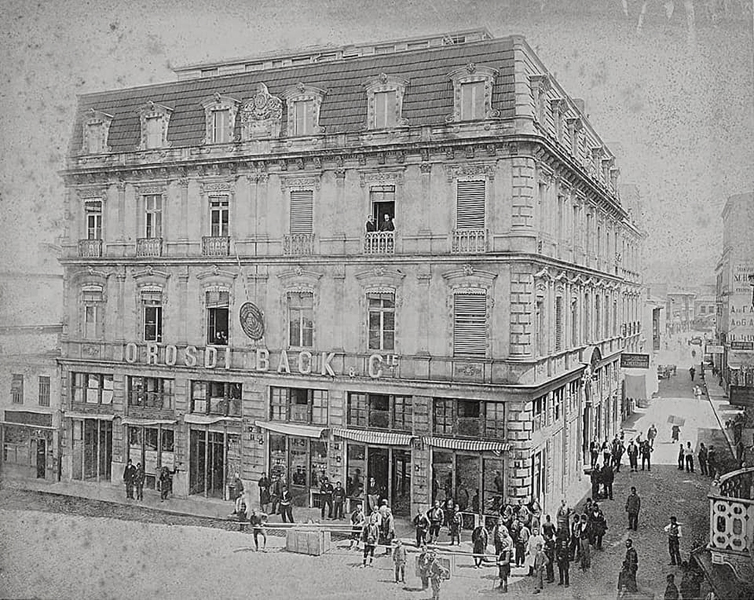
Postcard / gravure view of a later iteration of the Orosdi Back store in Bahçekapı, Eminönü, Constantinople.
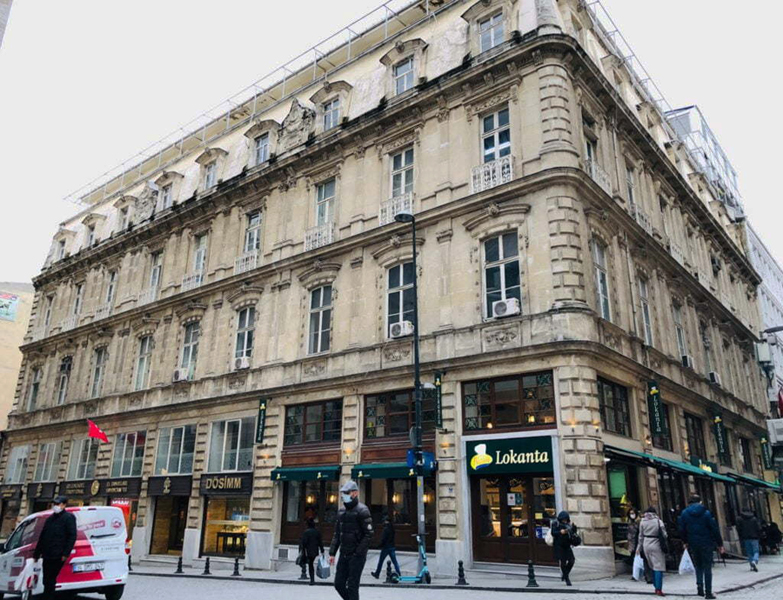
The same building seen today, which was taken over by the Turkish Sümerbank in 1940 and the building housed a Sümerbank (state clothing / textile) store for many years. The building was horizontally extended sometime before this take-over, as can be seen by the number of windows and later an unsympathetic roof terrace was clearly added.
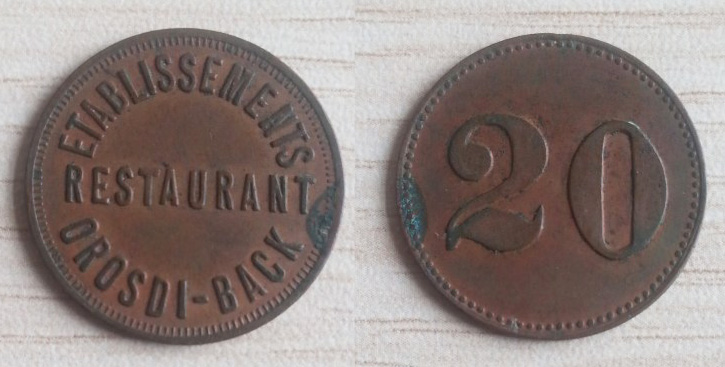
This meal token presumably meant for the department store employees to be used in their meal breaks in the ‘in-house’ restaurant could have come from any of these centres and indeed the lack of location text may indicate a standardisation of one the first truly global retail chains.
Postcard view of the Orosdi Back store in Beirut.
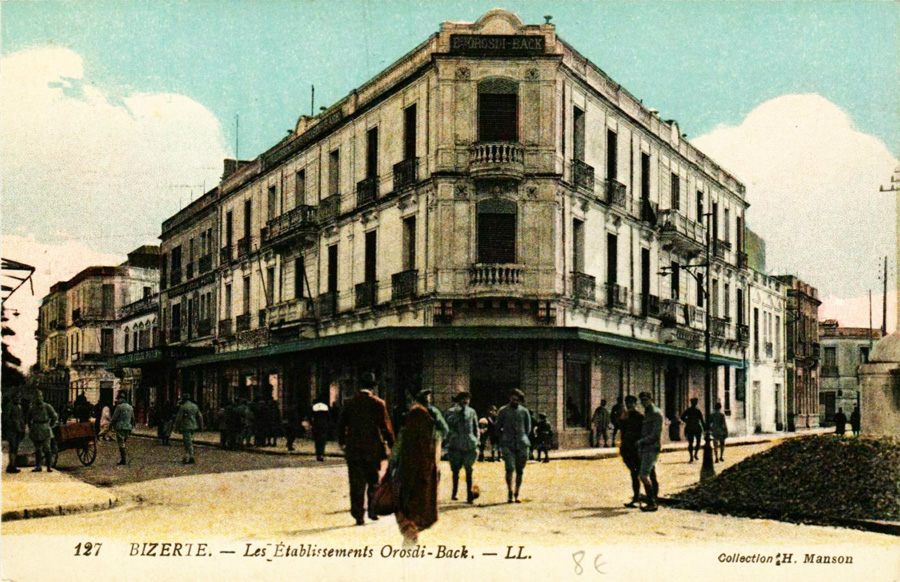
Orosdi Back store in Bizerte, Tunisia.
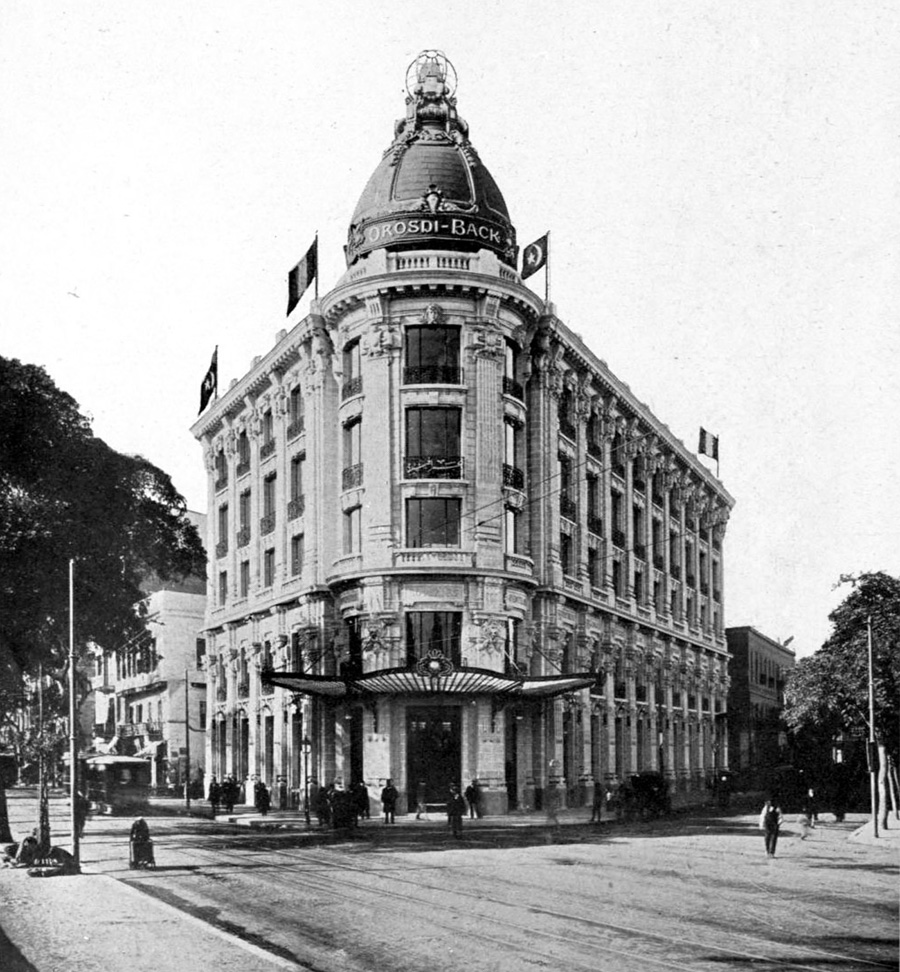
Orosdi Back store in Cairo, corner of (Sultan) Abdelaziz and Rushdi Pasha Streets.
Orosdi Back store in Port Said, Egypt.
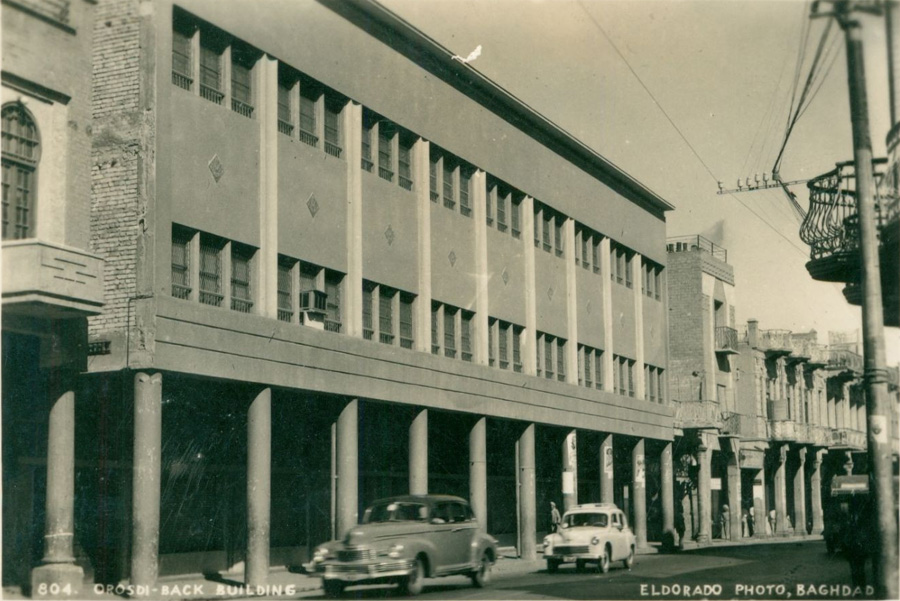
Orosdi Back store in Baghdad.
Orosdi Back invoice Cairo branch, 1955.
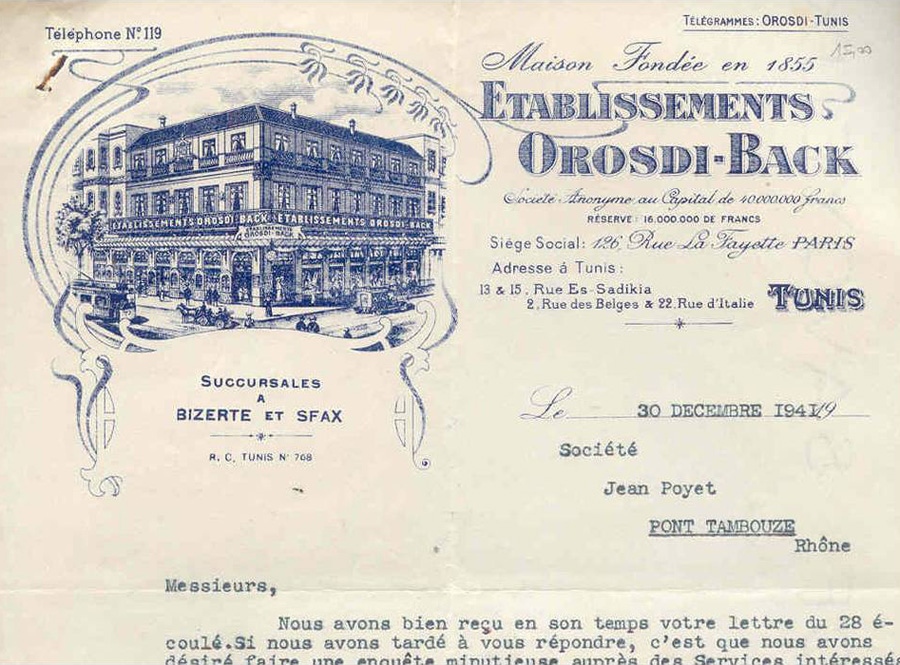
Orosdi Back letterhead Tunis branch, 1941.
Orosdi Back pocket-watch made for the Japanese market.
Two opposing views of the Orosdi Back store of Port Said, Egypt.
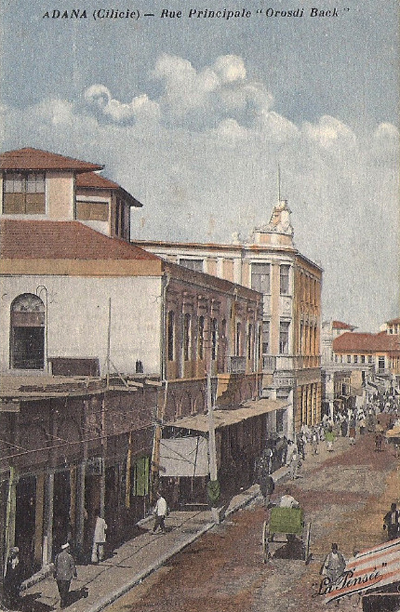
Orosdi Back store in Adana in the distance.
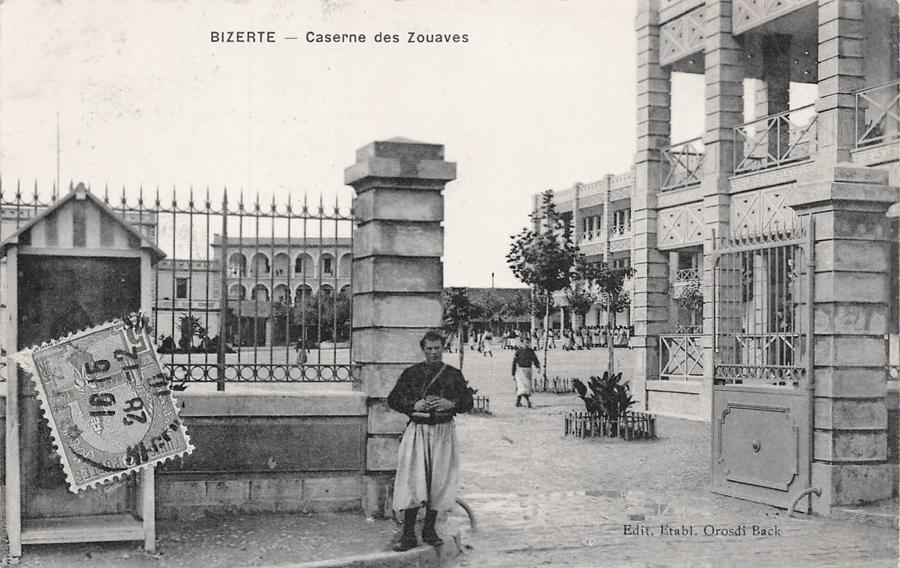
An example of a Orosdi Back published postcard where subtle advertising is used for a city location where there is a store presence.
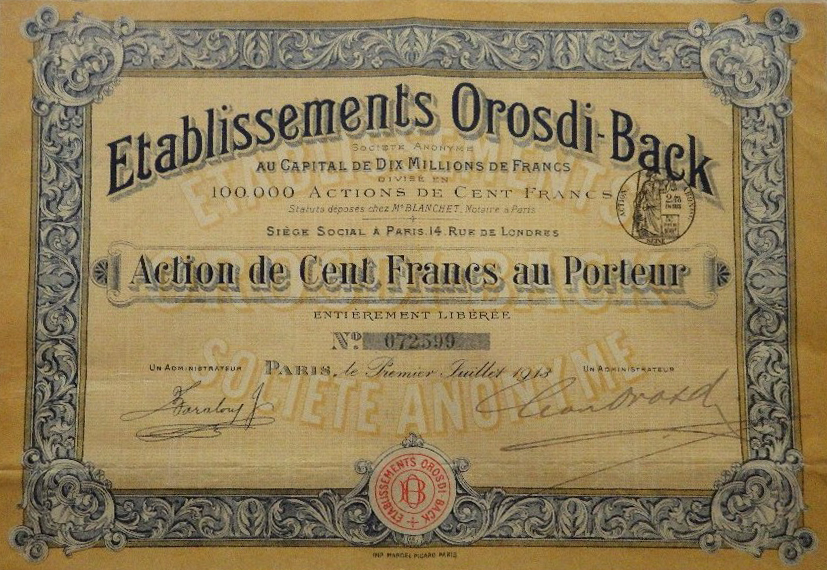
1913 dated share certificate for the Orosdi Back company.
